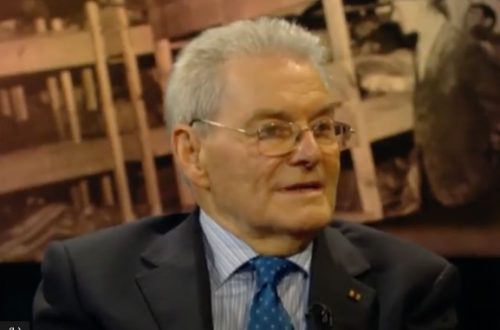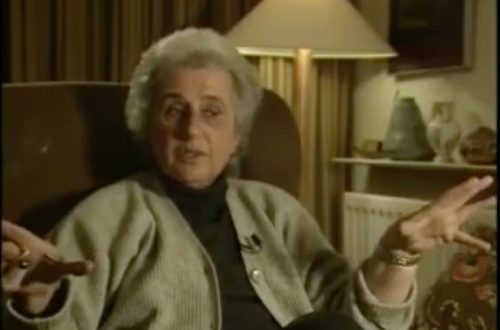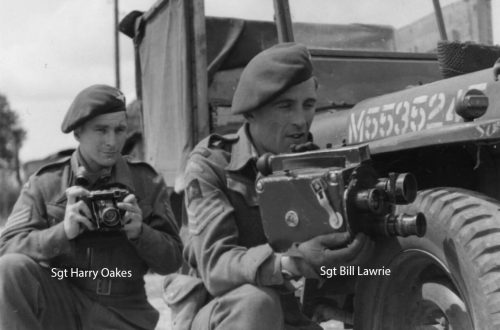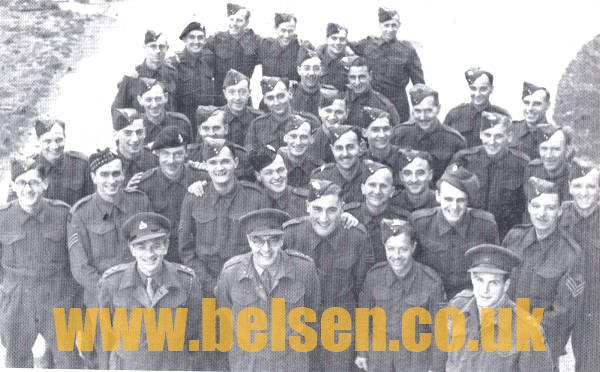
No. 5 AFPU Ft. Norman Midgley
The Army Film and Photographic Unit was a subdivision of the British armed forces set up on 24 October 1941, to record military events in which the British and Commonwealth armies was engaged. During the war, almost 23 percent of all AFPU soldiers were killed in action; the AFPU was disbanded in 1946.
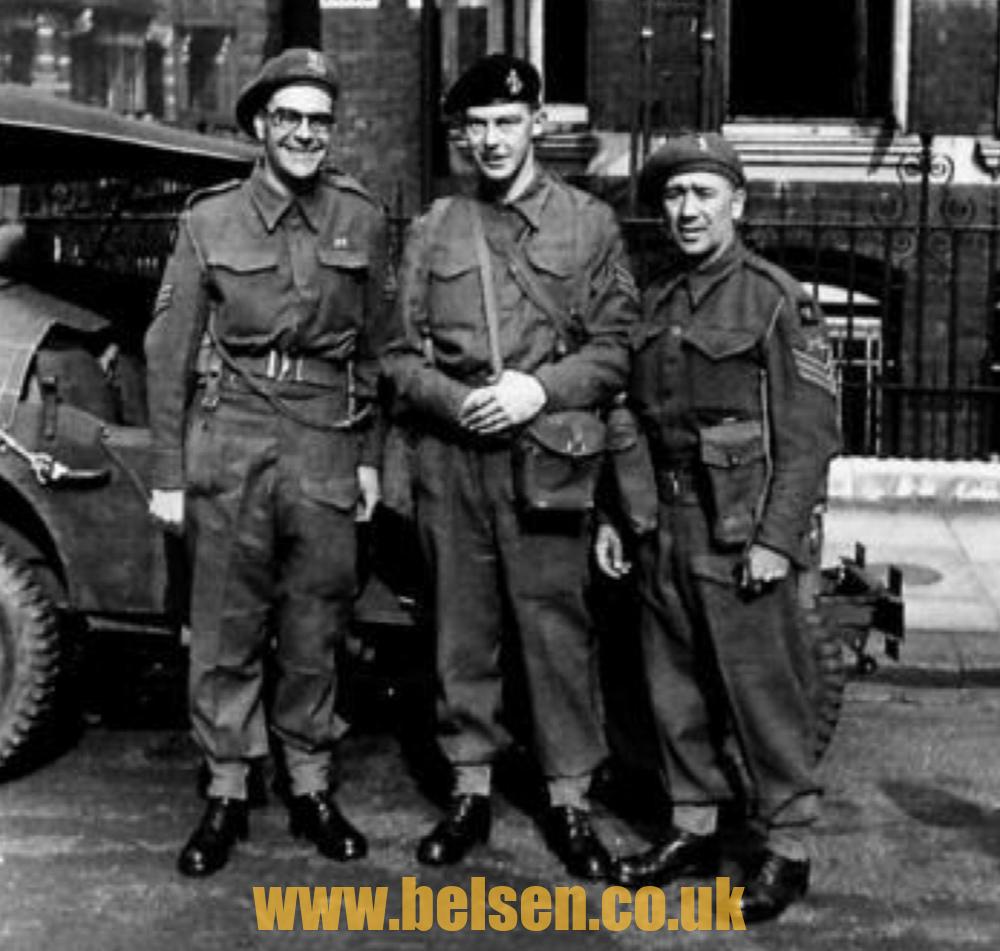
L to R: Sergeants Mapham, Norman Midgley and Laing
AFPU Number 5 Unit was formed during 1943, of 36 volunteers drawn from various regiments and led by Major Hugh Stewart. AFPU cameramen and photographers accompanied various army units in all theatres of action, including the Commandos, the Chindits, paratroopers, Special Air Service, Special Boat Squadron and the Long Range Desert Group. Ten AFPU members were attached to the main divisions during the Normandy landings in June 1944. Their recordings made during the campaign saw cameramen amongst the first waves ashore and then in the fighting inland.
AFPU recorded battles during the Italian campaign and across Western Europe including Monte Cassino, Liberation of Paris, Arnhem, the Rhine Crossing and the discovery of Belsen Concentration Camp.
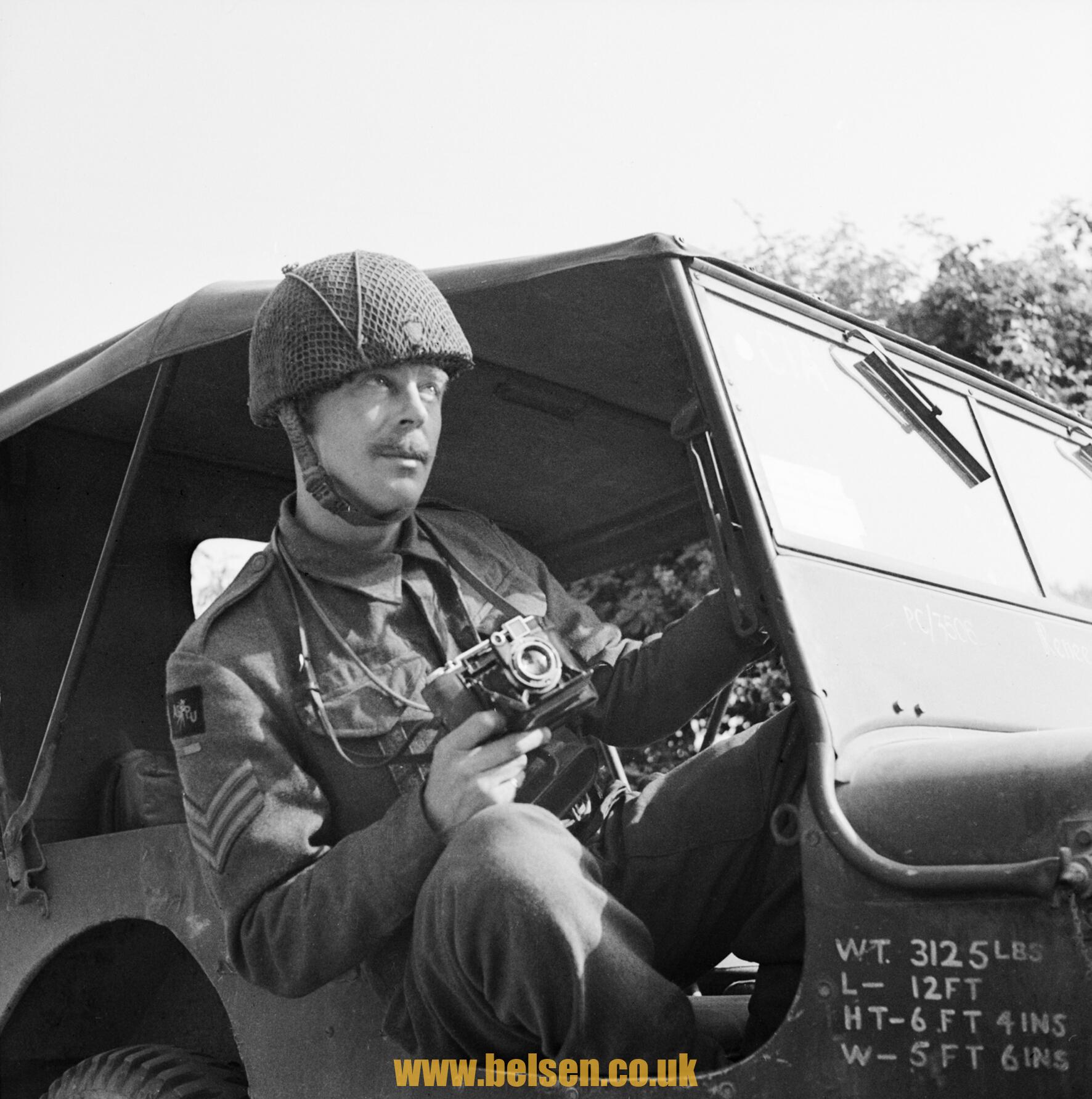
https://www.iwm.org.uk/collections/item/object/1030004045
Contemporary description (17pp) by a photographer with No 5 Army Film and Photographic Unit (AFPU) about his visit to Belsen Concentration Camp, Celle, on 18 April 1945, in which he records the appalling conditions he found there and refers to cannibalism amongst the inmates, the indifference of survivors towards accepted standards of hygiene, and the use of SS Guards to load bodies onto lorries; he also describes the former Camp Commandant, Josef Kramer, whom he photographed.
***
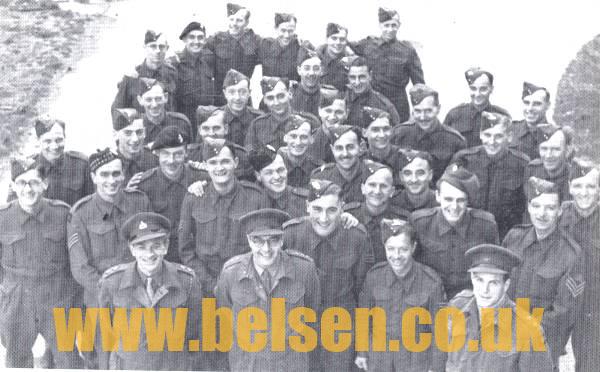
This superb photo shows the entire unit – complete with names albeit in no particular order.
Captain J L Evans
Captain Horton
Captain Knight
Captain E G Malindine
Lieutenant Barker
Lieutenant Handford
Lieutenant Alan Wilson
Sergeant Christie
Sergeant Norman Clague KIA at Amfreville on 12 June 1944
Sergeant J Connolly
Sergeant C Crocker
Sergeant A C Gross
Sergeant Bert Hardy
Sergeant Harrison
Sergeant Norman Johnson
Sergeant Bob Jones
Sergeant Laing
Sergeant George Laws
Sergeant Richard Leatherbarrow
Sergeant Michael Lewis
Sergeant Jimmy Mapham
Sergeant T McCardle
Sergeant Norman Midgley
Sgt Midgley was a staff photographer with the Daily Express newspaper in Manchester before joining the Army Film and Photographic Unit. He served with 5 Section AFPU from 1944 until the end of the war. His assignments included the D Day landings.
Sergeant Morris
Sergeant Harry Oakes
Sergeant Palmer
Sergeant Parkinson
Sergeant E Smales
Sergeant Dennis M Smith
Sergeant R Stiggins
Sergeant T McCardle
Sergeant Gordon Walker
Sergeant Ernest Walter
Sergeant Waterhouse
Sergeant Wilkes
Harry Haywood – first to arrive (16th April). Filmed in camp for 1 day and replaced by later unit.
Names but no ranks:
Ian Grant
Robbo Robinson
Jock Gordon
Bill Leason
The official film and photographic record of the D-Day landings was taken by No. 5 AFPU (Army Film and Photographic Unit) under the command of Major Hugh Stewart. Members of the unit were ‘embedded’ with formations preparing for the invasion. Ten of them went in with the assault troops.
Cameraman Sgt George Laws, accompanying No. 4 Commando, was the first AFPU man ashore, landing on Sword Beach at 07.45am. He was followed shortly after by photographer Sgt Jimmy Mapham with the 13th/18th Royal Hussars, Sgt Desmond O’Neill with the 2nd East Yorkshire Regiment and Sgt Billy Greenhalgh with the 1st South Lancashire Regiment. Other photographers and cameramen landed on Juno and Gold beaches. Sergeant Jim Christie was the only member of the AFPU to go in with 6th Airborne Division, and although parachute trained, he landed by glider.
The men of the AFPU were exposed to the same risks as the fighting troops. Sgt Greenhalgh was wounded by a mortar explosion. Sgt O’Neill was wounded by machine gun fire. In the days and weeks that followed, No. 5 AFPU suffered further casualties, with some killed, including Sgt Norman Clague. Their legacy – the film and images they took – is preserved in the IWM Collection.
12,753 total views

